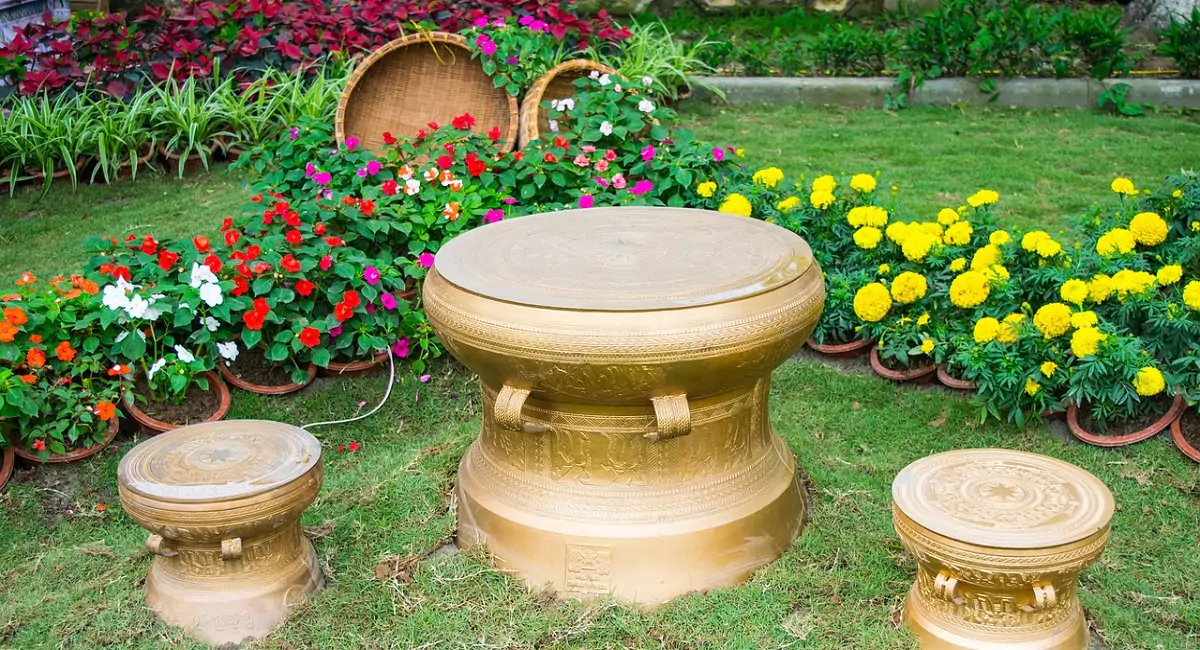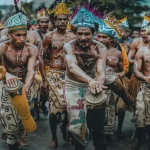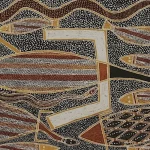
Preserving Indigenous Culture Through Musical Traditions
If you dive deep into Australia's diverse Indigenous culture, you will find a musical heritage that resonates with ancient wisdom, stories of the land, and the spiritual connection to ancestors. For millennia, music has been an integral part of Indigenous communities, serving as a powerful tool for preserving cultural identity, passing down ancestral knowledge, and creating a sense of belonging. At the heart of this musical tradition are the Elders, revered custodians of Indigenous stories in Australia, who play a pivotal role in safeguarding and transmitting their cultural heritage through the transformative power of music. Read on below to understand how the Elders help preserve the traditional indigenous music and its significance:
The Significance of Music in Indigenous Cultures
To Indigenous communities across Australia, music is more than just entertainment; it is a sacred language that connects the past with the present, the physical with the spiritual, and the community with the land. Traditional music and songs hold the stories of the Dreamtime, the creation of the world, and the wisdom of the ancestors of this region. These musical traditions are a living record of Indigenous cultures, their customs, values, and intimate connection to Country.
Through music, Indigenous people across Australia celebrate their cultural diversity and affirm their unique identity, strengthening the bonds of community and passing on their heritage to future generations. Music is an expression of spirituality, a healing force, and a medium through which Elders impart vital teachings and wisdom to their communities.
The Role of Elders as Cultural Carriers
Elders are revered members of the Indigenous communities who have a profound connection to the past and are custodianship of cultural traditions. As the keepers of cultural knowledge, these members have inherited a vast collection of songs, rhythms, and musical practices passed down through countless generations. This sacred knowledge, learned from their own Elders, is now entrusted to them to preserve and share with younger generations.
Elders are cultural carriers, passing down their musical traditions through oral transmission, ceremonial performances, and storytelling. Their role is not only to perform the songs and music of their ancestors but also to teach the younger members of the community the proper ways of engaging with this musical tradition.
The Art of Storytelling Through Song
Indigenous music is inherently tied to storytelling, with each song speaking about a narrative, an emotion, or a cultural lesson. When you listen to these songs, you can understand the ancestral journeys, the significance of sacred sites, and the connections between people, land, and spirit.
Elders' songs are often accompanied by dance and other performative elements, creating a multi sensory experience that evokes a deep connection to cultural heritage. In the context of storytelling through song, the Elders serve as masterful narrators, invoking a sense of awe and reverence in their listeners.
Passing Down Ancient Rituals and Ceremonies
Many of the musical traditions passed down by Elders are deeply connected to sacred rituals and ceremonies. These rituals play a crucial role in Indigenous spiritual practices, marking significant life events, seasonal changes, and connection with the Dreamtime. The Elders' knowledge of ritual music is crucial in ensuring the proper execution of these sacred ceremonies in Australia. They guide the community in the performance and significance of these events, instilling a deep respect for the traditions that have shaped their cultural heritage.
Even indigenous musicians like Alice Skye help pass down musical heritage and traditions. Read all about this in the article, The Future of Indigenous Music: Alice Skye's Impact on the Next Generation.
In Indigenous cultures, music is connected with healing practices, serving as a means of restoring the well-being of individuals. The Elders lead healing ceremonies to address emotional, physical, and spiritual challenges faced by community members. The power of music in healing is based on the belief that it can harmonise the energies of the body and spirit. Through their understanding of sacred songs and rhythms, Elders facilitate a deep sense of connection, promoting holistic healing and strength within the community.
Learn all about how indigenous music is effective in healing in this article How Music is Used in Indigenous Wellbeing Practices.
Thus, with their unwavering commitment to preserving Indigenous music and oral tradition, the Elders stand as beacons of cultural strength. Their dedication to sharing their wisdom, knowledge, and stories through music ensures that the vibrancy of Indigenous cultures will continue to thrive for generations to come. These Elders also cultivate a deep sense of cultural pride, identity, and belonging and help the next generation of musicians and cultural leaders shape a future with Indigenous music.





